For people who watch SteamDB updates, there's been a little bit of confusion on how Valve has been testing titles ready for the release of the Steam Deck on February 25. They've now fully clarified.
The issue surrounds what version they will pick for Deck Verified when games have a Native Linux build. There were a number that appeared on SteamDB, noting Steam Play Proton as the runtime picked instead (meaning the Windows build was used). As example, an update for Portal 2 on SteamDB (their own game) shows the recommended runtime being Proton. Turns out, this was not intended.
Valve shared via email (making clear this was not embargoed info): "early on, there were a limited number of titles that were tested via Proton before Linux before we made some policy changes. Since then all of those titles are already back in the queue for re-testing using their Linux builds".
Additionally, the developer documentation has been updated (right at the bottom) to state:
If my game has a native Linux version and is selected for review heuristically, will the compatibility review take place on the Linux build or under Proton?
By default, we will test a Linux build if one is available. If the Linux build fails compatibility tests or otherwise experiences significant issues, we'll then test the Windows build of your game running under Proton. Our goal is for customers to have the smoothest experience possible on Deck, so we'll submit whichever set of test results is more favorable.
Your compatibility test results will specify what runtime they were generated on. You can see details in the "Details" section of your report under the "Recommended Runtime" field.
If you believe we tested the wrong version of your product, you can always submit for a re-review and specify the platform you'd like us to test.
Something to remember: nothing is final, and even after the Steam Deck releases the Deck Verified program will be an ongoing thing. No doubt there will be changes to how it's run after release too as they continue to try and give players the best experience.
I can't speak for all of us, but sometimes I just want to play instead of tinkering.Tinkering is the best part! Ha, as I get older my attention span for gaming has decreased. Maybe it's because I realize I could be doing something more useful (like quoting random bits on forums). But I find myself installing a game, tinkering to get it working in Linux, finally getting it to work... then ignoring the game after I play it for an hour or two.
Then eventually (because games take so much damn space these days) uninstalling the game. Usually this is based on what takes the most disk space, or which was the hardest to get working right. Like I'm stuck on The Witcher 2. But seeing as how I had to hex edit a file to get the resolution right, I still have that one installed...
But seeing as how I had to hex edit a file to get the resolution right, I still have that one installed...
Doesn't Steam preserve edited files? I think so...
Nah, you can mod the files all you want. There is a 'validate files' thing you can do. I'm sure there are some games that are multiplayer where file checks are a thing. But a single player game like the Witcher? Why?But seeing as how I had to hex edit a file to get the resolution right, I still have that one installed...
Doesn't Steam preserve edited files? I think so...
Tinkering is the best part! Ha, as I get older my attention span for gaming has decreased. Maybe it's because I realize I could be doing something more useful (like quoting random bits on forums). But I find myself installing a game, tinkering to get it working in Linux, finally getting it to work... then ignoring the game after I play it for an hour or two.Glad to hear I'm not the only one with this particular affliction!
I actually do play quite a bit of games (11 completed so for this year) but it's so much more fun to hack on Wine and Proton!
Nah, you can mod the files all you want. There is a 'validate files' thing you can do. I'm sure there are some games that are multiplayer where file checks are a thing. But a single player game like the Witcher? Why?But seeing as how I had to hex edit a file to get the resolution right, I still have that one installed...
Doesn't Steam preserve edited files? I think so...
I was thinking the opposite: You edit the file, Steam does not rechange it, and when you remove the game, Steam keeps what you've edited. I'm not sure though if it only keeps files added by you or also those changed.
Pretty sure if the file is listed in the install, it will nuke it. It will leave behind save games and mods not installed via workshop.Nah, you can mod the files all you want. There is a 'validate files' thing you can do. I'm sure there are some games that are multiplayer where file checks are a thing. But a single player game like the Witcher? Why?But seeing as how I had to hex edit a file to get the resolution right, I still have that one installed...
Doesn't Steam preserve edited files? I think so...
I was thinking the opposite: You edit the file, Steam does not rechange it, and when you remove the game, Steam keeps what you've edited. I'm not sure though if it only keeps files added by you or also those changed.
The Deck installed the Windows version, which broke cloud saves!
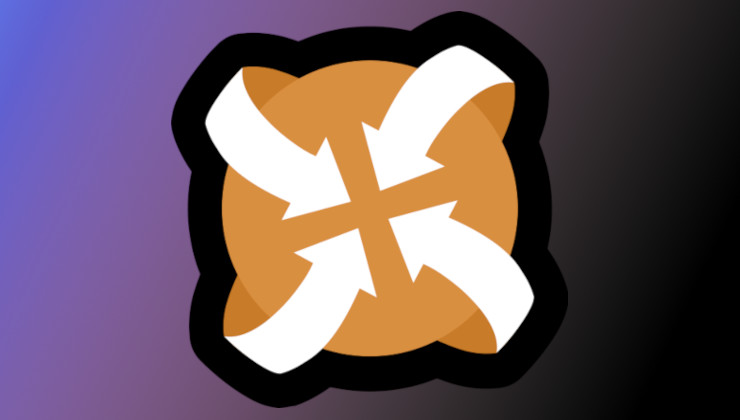
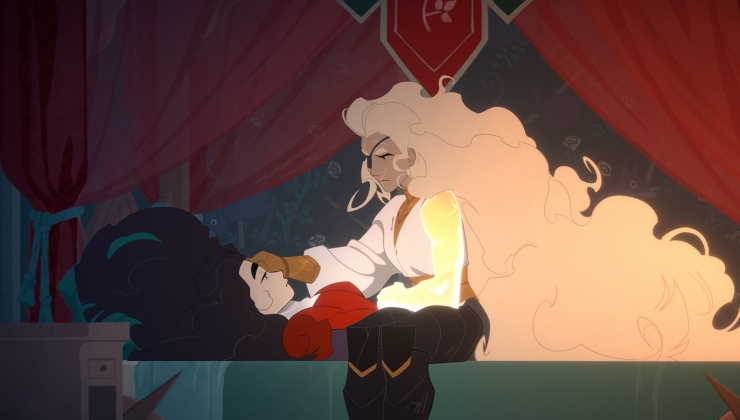
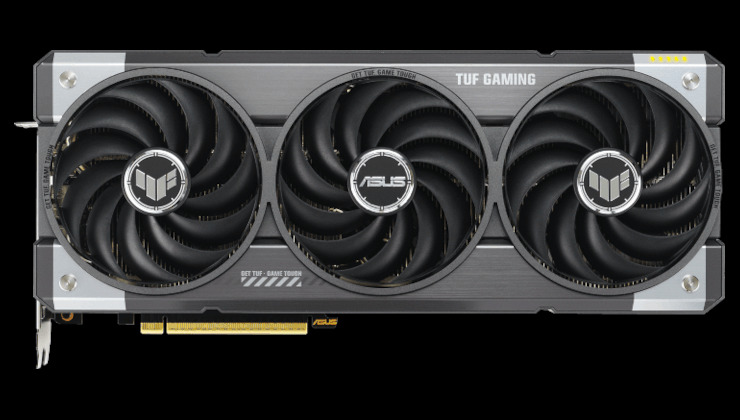
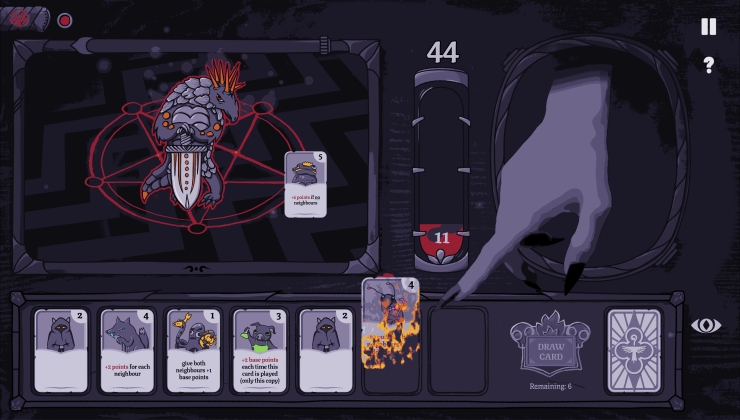

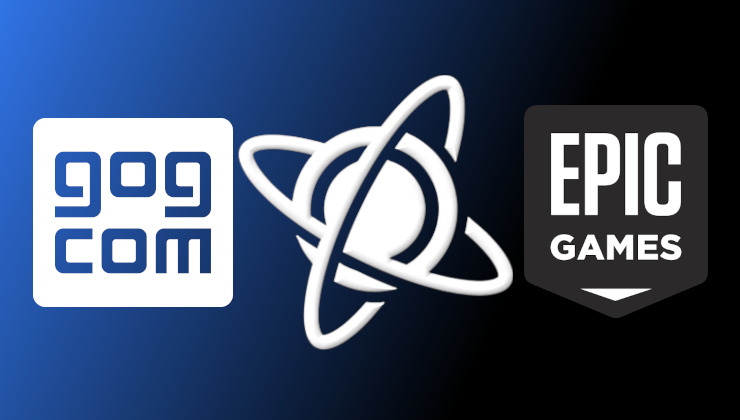 How to play games from GOG and Epic Games on Linux, SteamOS and Steam Deck
How to play games from GOG and Epic Games on Linux, SteamOS and Steam Deck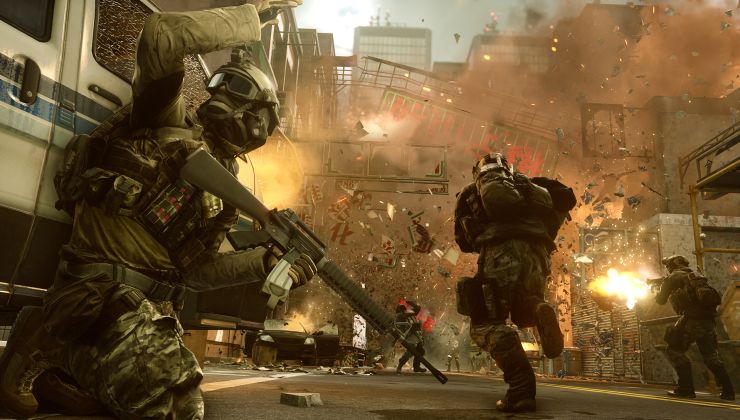 How to get Battlefield 3 and Battlefield 4 online working on Linux, SteamOS, Steam Deck
How to get Battlefield 3 and Battlefield 4 online working on Linux, SteamOS, Steam Deck